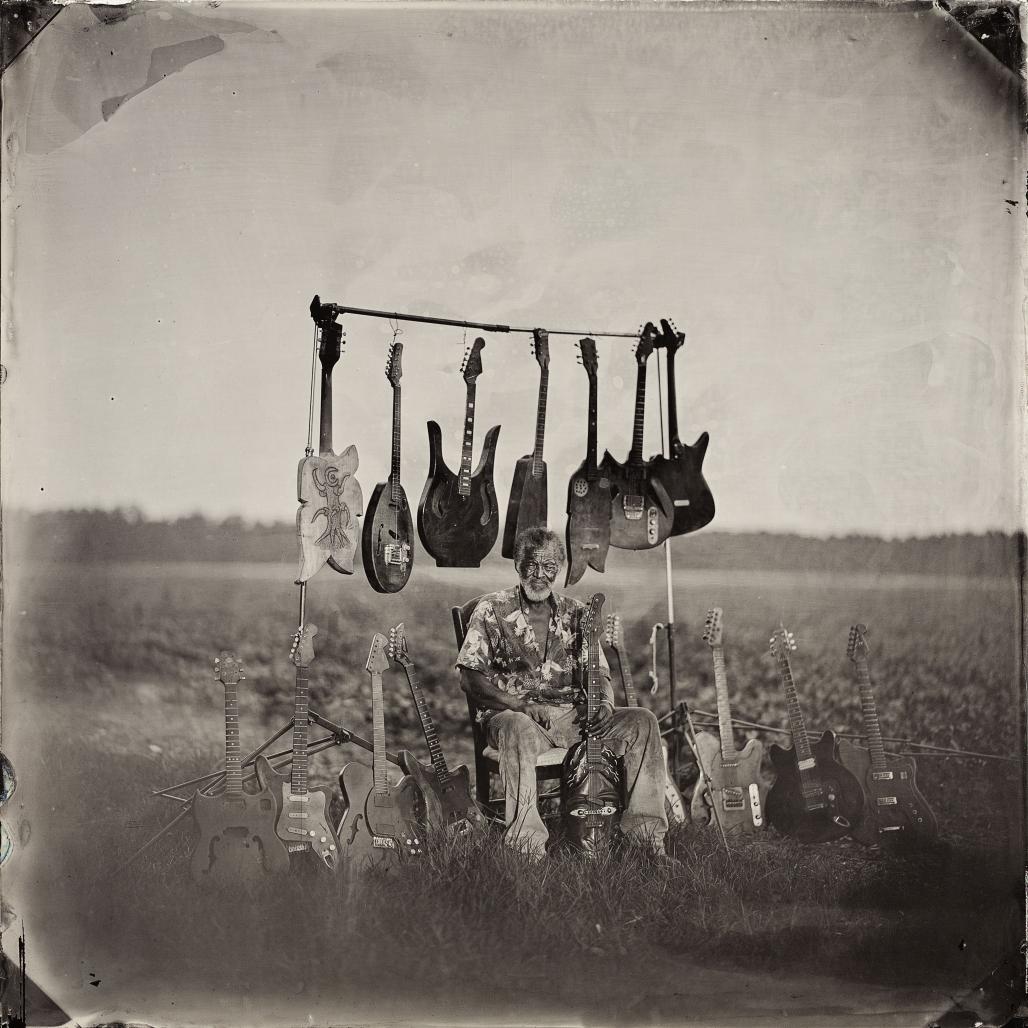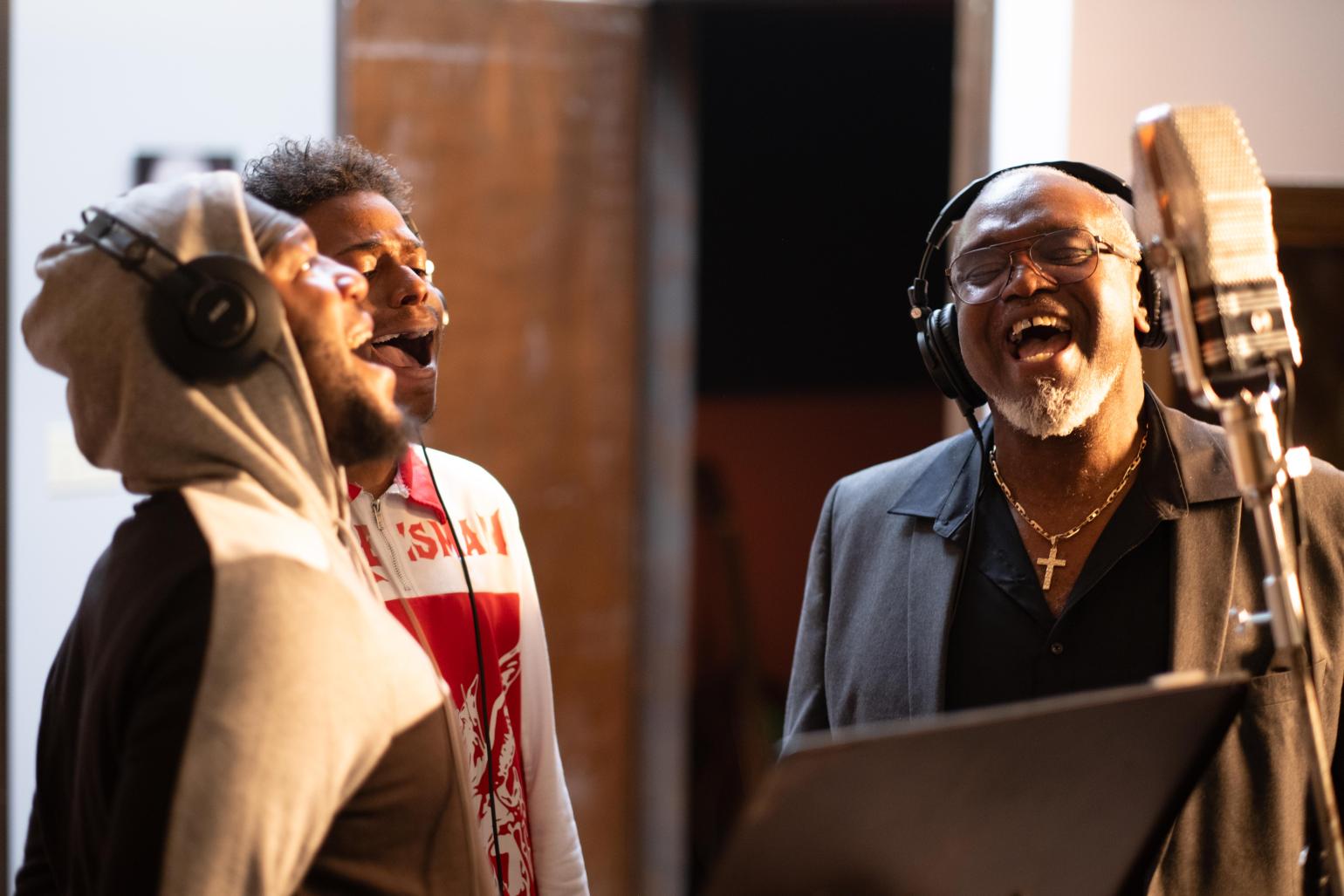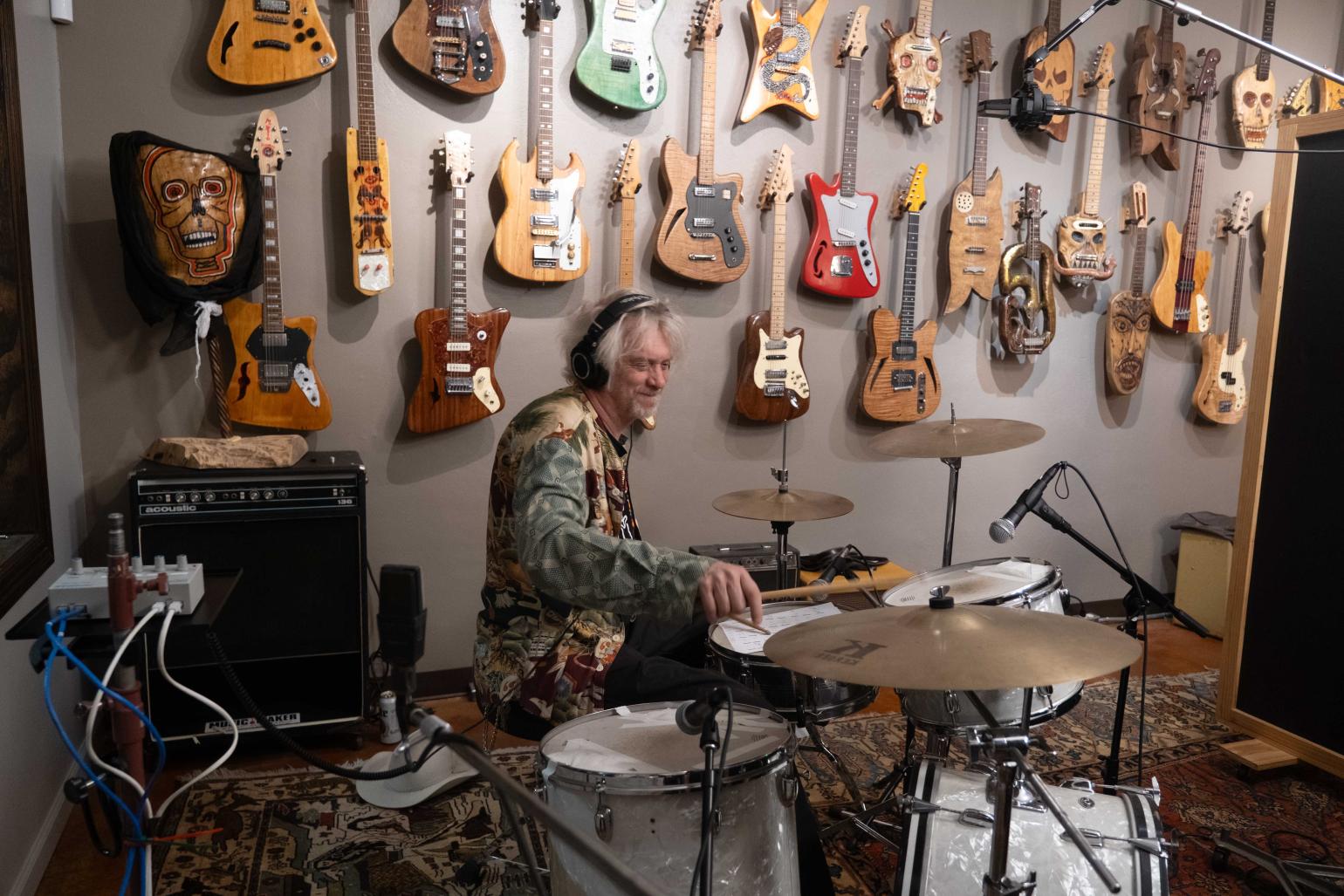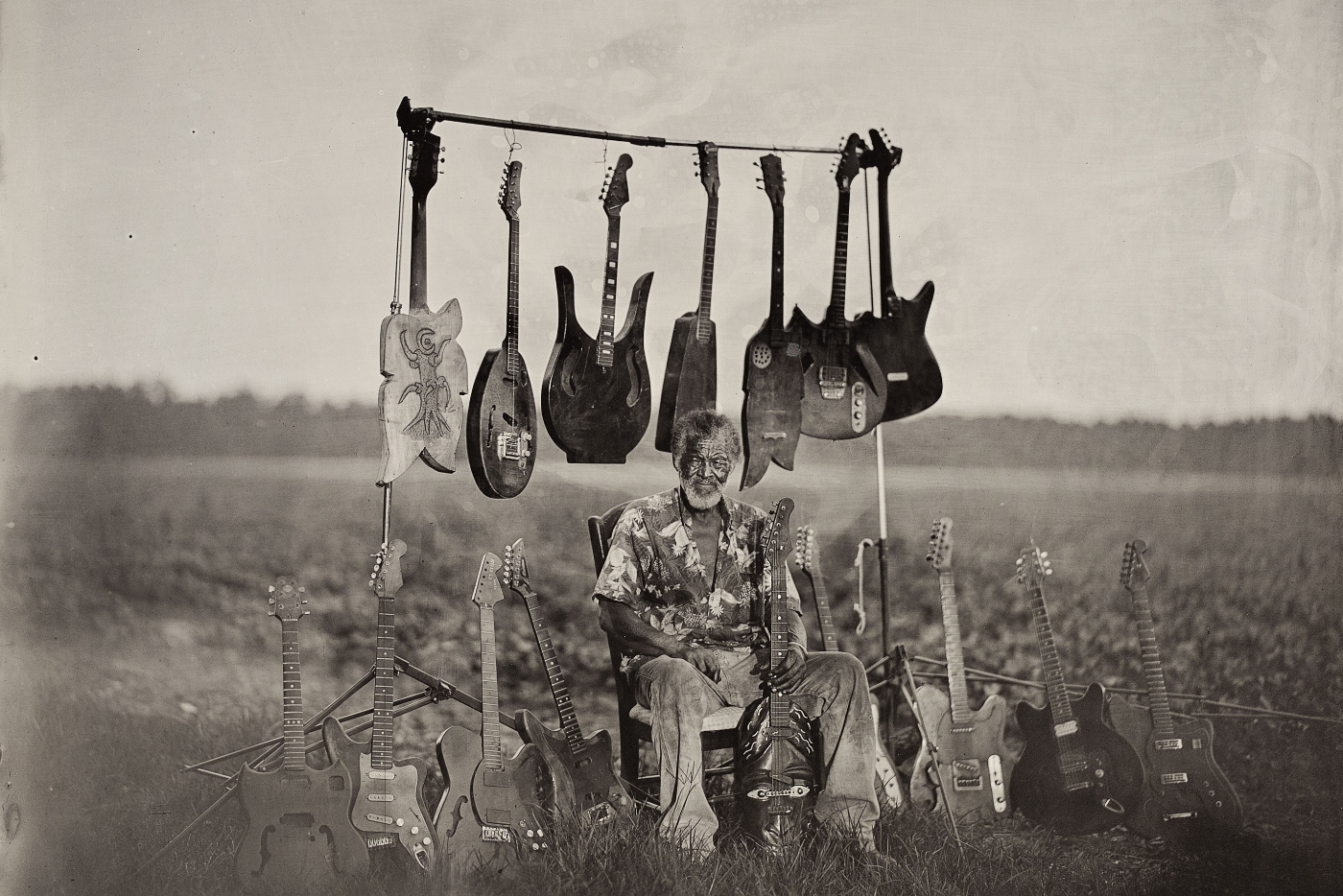Author: Andie Freeman
Header image: Freeman Vines. Photo by Tim Duffy, courtesy of Music Maker Foundation.
One of our state’s greatest treasures is our legacy of folk, traditional, and blues music. The Music Maker Foundation works to preserve and foster the “roots of American music by supporting senior traditional musicians and educating the public.” Based in Hillsborough, the foundation supports senior traditional musicians, forming “long-term partnerships with them to raise their standards of living and levels of expertise,” according to the website.
These partnerships may differ from artist to artist, but preserving the nation’s musical traditions and helping these culture-bearers access the support they need for a better quality of life is the foundation’s driving purpose. “Music builds the cultures of every community in our nation, and in every community, musicians sustain local and regional cultures,” the website states. “These guardians pass their culture down through the generations. Music Maker’s purpose is to find and serve such musicians.”
Tim Duffy created the Music Maker Foundation with his wife, Denise, in 1994. He began recording and documenting artists at the age of 16, when he became interested in ethnomusicology, and went on to earn a master’s degree from the Curriculum in Folklore at the University of North Carolina at Chapel Hill, the nation’s first graduate program in folklore. The foundation has partnered with more than 95 artists, including Guitar Gabriel, the Carolina Chocolate Drops, Etta Baker, Sheila Kay Adams, and the Glorifying Vines Sisters. Etta Baker received one of the North Carolina Arts Council’s first North Carolina Heritage Awards, in 1989. Sheila Kay Adams was a recipient in 2016. The Glorifying Vines received one this year.

An artist of special significance to the Music Maker Foundation was Freeman Vines. The son of a sharecropper, Freeman began building guitars in pursuit of finding a specific sound. After making guitars for years from such materials as the steps of an old tobacco barn and the soundboard of an old Steinway piano, he turned from finding a sound to creating sculptural guitars with deep-seated meaning. He built guitars for 50 years, and found inspiration in the wood itself, which revealed images of skulls, snakes, and other symbols. After he was given a piece of wood from a tree used to lynch a man in the 1930s, his work took on more profound spiritual meaning. Freeman Vines’s guitars and story are the subject of Hanging Tree Guitars, a book based on oral interviews with Freeman, with editing and additional text by Zoe van Buren (the Arts Council’s Folklife director) and photography by Tim Duffy. Freeman introduced Tim to his musical family: the Glorifying Vines Sisters, the Dedicated Men of Zion, and Faith & Harmony. Now all of these groups are musician partners with the foundation. “When I met him, I was pulling guitars out of the mud,” Tim says. “He stored these beautiful guitars outside and he was letting these treasures go back to nature. He’d hit the end of the line, he thought, but I knew immediately that he was not a folk artist; he was a great contemporary artist. We traveled around the world, and made an exhibition and a beautiful book.”

Working with Freeman and his talented family inspired Tim to embark on a new project: to build a studio in Fountain, North Carolina, where the Music Maker Foundation could create recordings of the highest quality. “Freeman had the vision that he loved Fountain. When he got sick, he chose that spot and wanted to help that community,” Tim explained. “That's the purpose of art—to bring people together. And it's one of our greatest gifts as humans.” Fountain is a small town in Pitt County, near where the Vines family grew up, in Greene County. Bringing the recording studio to Fountain has been a way for the Music Maker Foundation to nurture a community while building a physical place to create. “We've brought hundreds of thousands of dollars into this tiny community, and we micro-spend as much here as we can. We hire local people to feed the artists. There's a senior center across the street, and we have an open-door policy so that when the session is going on, people can walk in and see and meet the artists,” Tim added.
The studio, adorned with many original guitars that Freeman created, is designed to be an immersive experience where artists can work out ideas, rehearse, and record, with state-of-the-art equipment to mix and master an album. Promotion can begin next door, at a professional photography studio. Two doors down from the recording studio is a workshop set up for Freeman to work on his guitars. When he died, in March, Tim wanted to honor the space with something special. The foundation converted it into the “Free-verb” chamber—a place where artists can record tracks with pure sonic reverb.

Tim’s love of music and how it connects people is evident when he speaks. “We're at a critical stage for roots music. Roots music records, even by big names in history, never made a whole lot of money. In the past, tiny Southern labels would document the music, but now, everyone documents with their phones. That’s not going to last, and the quality’s not that great because there’s no investment. So, we invest significantly. We still do the recordings clean and lean, and the whole point is just to make that document. These are very well-produced, beautiful records, and I think that's exciting.”
The music and the story are intertwined for the Music Maker Foundation. It’s more than entertainment; it’s a calling to preserve heritage. Tim explained, “Our common thing that ties us together around the world, I would argue, is our music. And for us, it’s Southern music: roots, rock and roll, blues, jazz. And the key is gospel music. That's where the interesting stuff starts from.”

